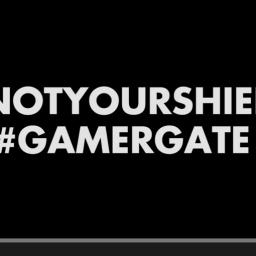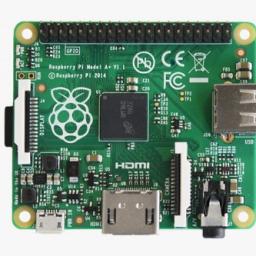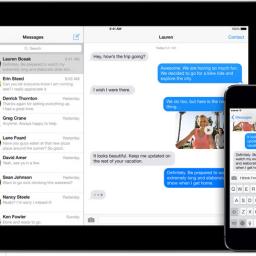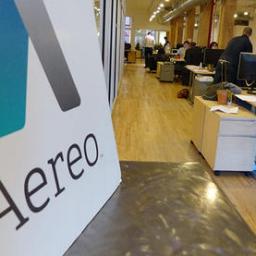GamerGate, two months on: a story of change in the industry
 Two months after the story first broke, GamerGate continues to roll on and make headlines, and though it remains a polarized issue, here is an update posted with hopes it will be informative, not inflammatory. After all, many would argue gamergate isn't about gaming, it's about censorship in the media and on the 'Net. If that's the case, it affects and impacts all of us.
Two months after the story first broke, GamerGate continues to roll on and make headlines, and though it remains a polarized issue, here is an update posted with hopes it will be informative, not inflammatory. After all, many would argue gamergate isn't about gaming, it's about censorship in the media and on the 'Net. If that's the case, it affects and impacts all of us. Here's and update on what's happened over the past few weeks.
1) Operation Disrespectful Nod has successfully convinced many advertizers to pull out of media publications such as Gamasutra, Polygon, Kotaku and parent Gawker Media.
2) Users have generated lots of new material, from blog posts and youtube videos to memes and articles by smaller publications. They demonstrate the diversity in members for the movement, feminist, anti-feminist, conservatives, liberals, male, female, black, white, LGBT and everything in between. This is a community that isn't going to go down easy. At a minimum, check out GamerGate in 60 seconds, The Evidence and History of GamerGate, The Monsters of GG, or NotYourShield - We Are Gamers.
3) A couple publications have now updated their code of ethic policies including: The Escapist and IGN.
4) New Gaming sites are being established, such as Good Gamers and Niche Gamer.
5) New MetaCritic tool (MyMetaCritic) is under development. It's called MyMediaCritic, and it will provide a place for readers and consumers to rate the different online media outlets, journalists, and youtubers. Their initial alpha release will focus on the Games industry; once the alpha is successful, they plan on growing into other industries as well.
6) Finally, The David Pakman Show has started reporting on the controversy and has published a series of informative interviews with both pro and anti GamerGate supporters. Good stuff, as he makes it clear he is in neither camp, just trying to get to the bottom of the issue. Otherwise, the pro- and anti-camps are pretty well established. Brianna Wu received threats, and alleges they were from GamerGate supporters. As for Arthur Chu, well judge for yourself.1Liana Kerzner (Canadian tech and gaming blogger), Matthew Rappard (from The Fine Young Capitalists), and Fredrick "Hot Wheels" Brennan (the Admin of 8Chan.co) are considered neutral reporters of the situation; and John Bain (AKA Total Biscuit), Milo Yiannopoulos (recently banned, then reinstated on Twitter), and Jennie Bharaj are considered to be supporters. David Pakman hasn't had an easy time conducting the interviews: many prominent people opposed to GamerGate refused to be recorded, and some went as far as to accuse him of leading a hate mob. Check out this tweet from Nov 1, for example: "Overnight, received many emails saying if I don't apologize for neutrality on GamerGate, I'm guilty of leading a hate mob against women"
7) When GamerGate supporters started questioning IGF judging practice one IGF judge had a "meltdown" on twitter and quit. IGF released an apology shortly after, after being hounded on twitter for "throwing the judge under the bus" for discussing the judging process and other judges started expressing displeasure and threatening to pull out of judging in protest.
There's a silver lining in the cloud of bitterness and vitriol, and it's clear this scandal is leading to important change. For one, Women, Action, and Media (WAM) has partnered with Twitter in the development of a new anti-harassment tool. Though it allows Twitter to censor harassment - especially against women - it too has caused controversy, as it is already being abused to falsely report GamerGate supporters in an effort to silence the protest.
Is this thing done? No way. Next thing we'll be hearing is Anita Sarkeesian lobbying for broader social media tools that allow for further censorship without accountability... oh wait ...
1 Hey ... he was good on Jeopardy, at least!






